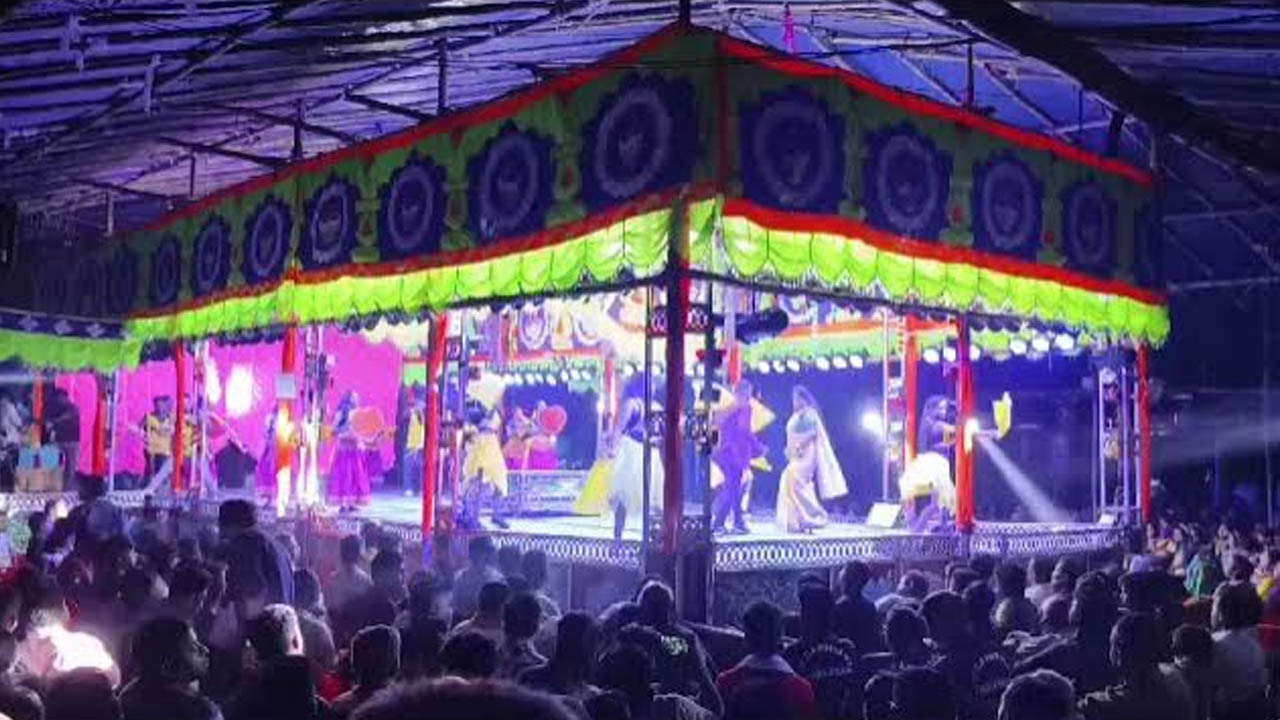A Disturbing Theatrical Performance
A recent theatrical performance in Odisha’s Ganjam district has ignited widespread condemnation and legal action after a shocking act unfolded on stage. During a play depicting the Hindu epic Ramayana, a 45-year-old actor playing a demon killed a live pig, consumed its raw meat, and contributed to the display of live snakes. The incident, which was filmed and circulated widely on social media, has not only drawn outrage from animal rights advocates but also triggered a political storm in the state assembly. The event highlights concern over cruelty to animals, violations of wildlife laws, and the ethical boundaries of artistic expression.
The Incident: A Stunt Gone Horribly Wrong
The performance occurred on November 24 in Ralab village near Hinjili police station during a local festival called Kanjianal Yatra. To attract an audience, the theatre group staged dramatic and gruesome acts, including the use of live snakes and the public slaughter of a pig. In a shocking moment, the actor portraying a demon tied the pig to the ceiling, ripped it open with a knife, and consumed its organs in front of horrified spectators.
This act, captured on video, quickly went viral and drew condemnation from multiple quarters. Authorities, including the Hinjili police and Berhampur Divisional Forest Officer (DFO) Sunny Khokar, intervened, arresting the actor and one of the event’s organizers, Bimbadhar Gouda. They face charges under the Wildlife Protection Act and for cruelty to animals.
Political and Public Outcry
The incident was strongly condemned in the Odisha assembly, with Bharatiya Janata Party (BJP) lawmakers Babu Singh and Sanatan Bijuli calling for accountability and strict action against those responsible. Their criticism reflects broader public sentiment, as animal rights activists have also expressed outrage.
The state government has previously issued guidelines prohibiting the public display of snakes and other wildlife, even by certified handlers. These rules aim to prevent exploitation and cruelty, yet their violation during the event raises questions about enforcement and awareness.
Broader Implications: Ethical and Legal Concerns
This incident has reignited debates about the ethical limits of theatrical performances. While art often pushes boundaries, acts that involve harm to living beings cross into illegality and moral reprehensibility. It also highlights gaps in the implementation of wildlife protection laws and underscores the need for stronger regulation of cultural events that incorporate live animals.
Moreover, the event reflects a broader societal challenge—balancing tradition with modern ethical standards. While local festivals often feature dramatic and symbolic acts, such performances must evolve to align with contemporary values, especially regarding animal rights.
A Call for Reform
The shocking events during this theatrical performance in Odisha have sparked outrage and compelled authorities to take swift action. Beyond punishing the individuals involved, this incident serves as a wake-up call to strengthen legal frameworks and public awareness about animal rights and ethical practices in artistic expression.
As Odisha grapples with the fallout, it is imperative for cultural organizers to prioritize humane practices and for authorities to rigorously enforce wildlife protection laws. Only by addressing these issues can society ensure that tradition and creativity coexist with compassion and legality.
(With inputs from agencies)








